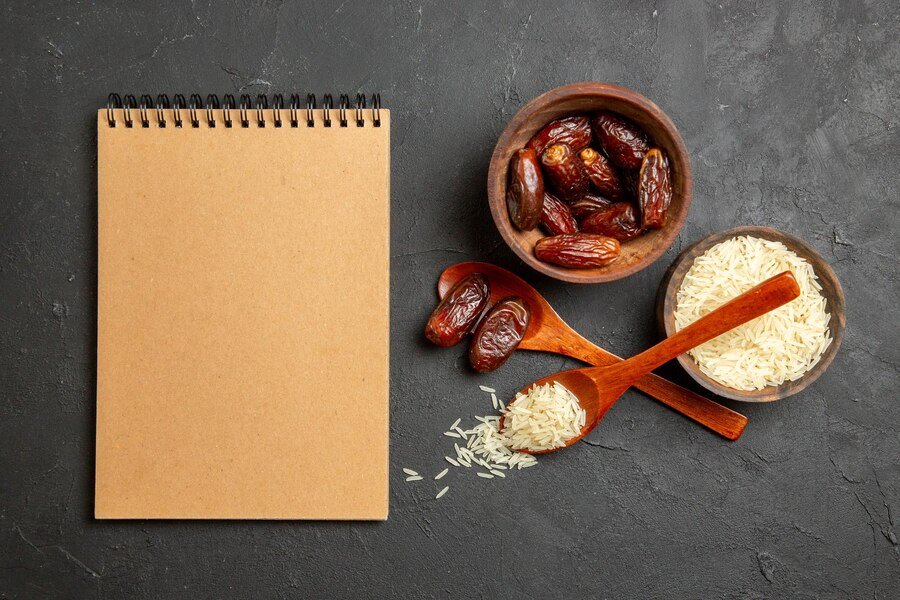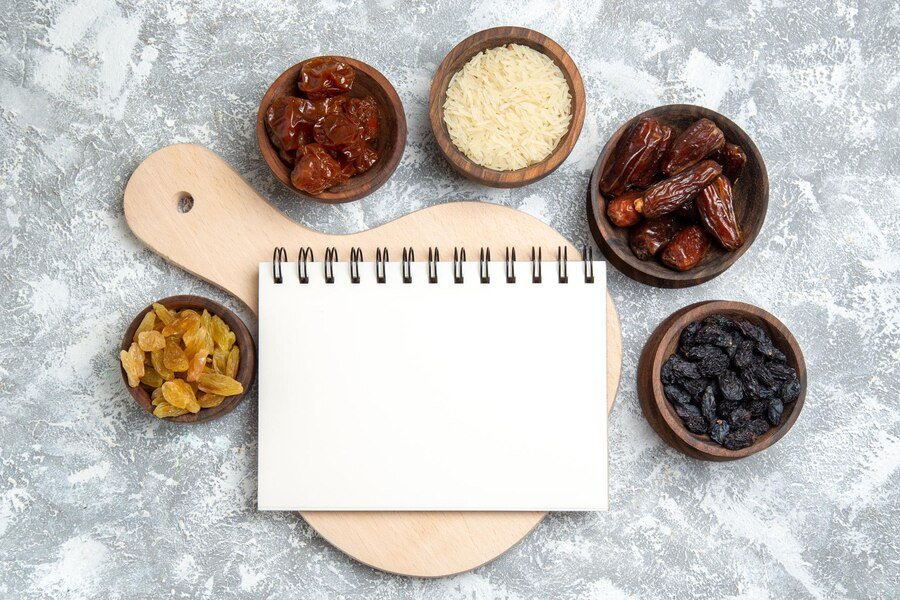Health Benefits Dates are the fruit of the date palm tree, found across tropical regions throughout the world. Recently, dates have become an extremely well-known treat.
Nearly all dates sold in Western nations are dried.

Dates can be easily determined as dried by their appearance: wrinkled skin indicates dried dates while smooth skin indicates freshness.
Fresh dates vary in size depending on their variety, from small to small-medium in size and range in hue from vibrant red to brilliant yellow. Medjool and Deglet Noor dates are among the most commonly consumed varieties.
Dates are sweet-tasting snacks with plenty of essential vitamins and minerals that provide various advantages and employments. They’re delicious chewy treats with plenty of nutritional benefits!
This article will outline 8 health benefits associated with incorporating dates into your diet, as well as ways to incorporate them.
- Exceptionally Nutritious

Dates have an excellent nourishment profile.
Dates are considered dried fruits, so their caloric content is higher than most fresh fruit. Dates have similar caloric levels as other dried fruits like raisins and figs.
Dates contain most of their calories from carbohydrates while some come from protein. Even so, dates offer many vitamins and minerals as well as fiber content that surpass their calories count.
A 3.5-ounce (100-gram) serving gives the following supplements:
- Calories: 277
- Carbs: 75 grams
- Fiber: 7 grams
- Protein: 2 grams
- Potassium: 20% of the RDI
- Magnesium: 14% of the RDI
- Copper: 18% of the RDI
- Manganese: 15% of the RDI
- Iron: 5% of the RDI
- Vitamin B6: 12% of the RDI
Dates are likewise high in antioxidants, which might add to a considerable lot of their health benefits
- High in Fiber

Consuming adequate quantities of fiber is vital for overall good health.
Dates are an ideal way to increase your fiber intake with their impressive seven grams per 3.5-ounce serving, making them an easy and delicious way to do just that!
Fiber can support stomach health by helping prevent clogging. Furthermore, fiber contributes to regular defecations by contributing to stool production.
One study found that 21 individuals who consumed 7 dates each day for 21 days experienced increases in stool frequency and defecations compared to those who didn’t consume dates.
Dates contain fiber which may help manage blood sugar. Fiber facilitates back absorption, helping prevent blood sugar from rising too high after eating.
Dates have a low glycemic index (GI), which measures how quickly blood sugar rises after eating certain foods.
- High In Disease-Fighting Antioxidants
Dates contain various antioxidants which provide various health benefits, such as reduced risks for diseases.
Antioxidants protect cells from free radicals, unstable particles that could create negative responses in your body and potentially lead to illness and disease.
Dates appear to contain more antioxidants than comparable fruits such as figs and dried plums, such as their counterparts figs and dried plums.
- May Promote Brain Health
Eating Dates May Promote Brain Health Consuming dates could help support brain health.
Laboratory studies have suggested dates as an effective means for lowering inflammatory markers like interleukin 6 (IL-6). High levels of IL-6 have been linked with an increased risk of neurodegenerative diseases like Alzheimer’s.
Studies on animals have also demonstrated dates as effective treatments to diminish amyloid beta proteins’ action, which are responsible for creating plaques in the brain.
Plaques that build up in the brain may interrupt communication between brain cells, leading to their death and Alzheimer’s disease.
- Excellent Natural Sweetener
Dates are an abundant source of fructose, an organic form of sugar found naturally in fruits.
Dates are deliciously sweet fruits with subtle caramel-like undertones, making them a healthy alternative to white sugar in plans due to their abundant source of minerals, fiber and antioxidants.
Date glue is an ideal way to replace white sugar with dates; simply blend dates with water in a blender until combined, following this formula as directed here. Aim for 1:1 ratio when replacing sugar with date glue.
For instance, if the formula calls for 1 cup of sugar, you can replace it with 1 cup of date glue.
Not consuming dates in excess of their recommended daily caloric intake can result in serious health concerns and weight issues, so they must be consumed carefully and only as part of a balanced diet.
- Other Expected Health Benefits
Dates are said to possess numerous health advantages that have yet to be studied extensively.
- Bone Health: Dates contain various minerals such as phosphorus, potassium, calcium and magnesium which have been scientifically researched to prevent bone-related conditions such as osteoporosis.
- Dates can help with blood sugar control due to their low glycemic index, fiber and antioxidant content – meaning eating them could benefit diabetes executives in particular.
- Though the potential health benefits may seem promising, additional human studies must first take place before any definitive decisions can be reached.
7. Easy To Add To Your Diet
Dates are an extremely versatile food item that make a delicious snack. They pair well with various food varieties such as almonds, nut margarine and delicate cheddar.
Dates are an ideal source of sticky texture, which makes them useful as binder in baked products such as bars and treats. They can even be combined with nuts and seeds to form nutritious snack bars or energy balls like this formula suggests.
Use dates to add sweetness to sauces such as serving of mixed greens dressings and marinades, smoothies, cereal or mixed salad dressings.
Note that dates contain many calories and their sweet taste makes them tempting, making them best enjoyed in moderation.


